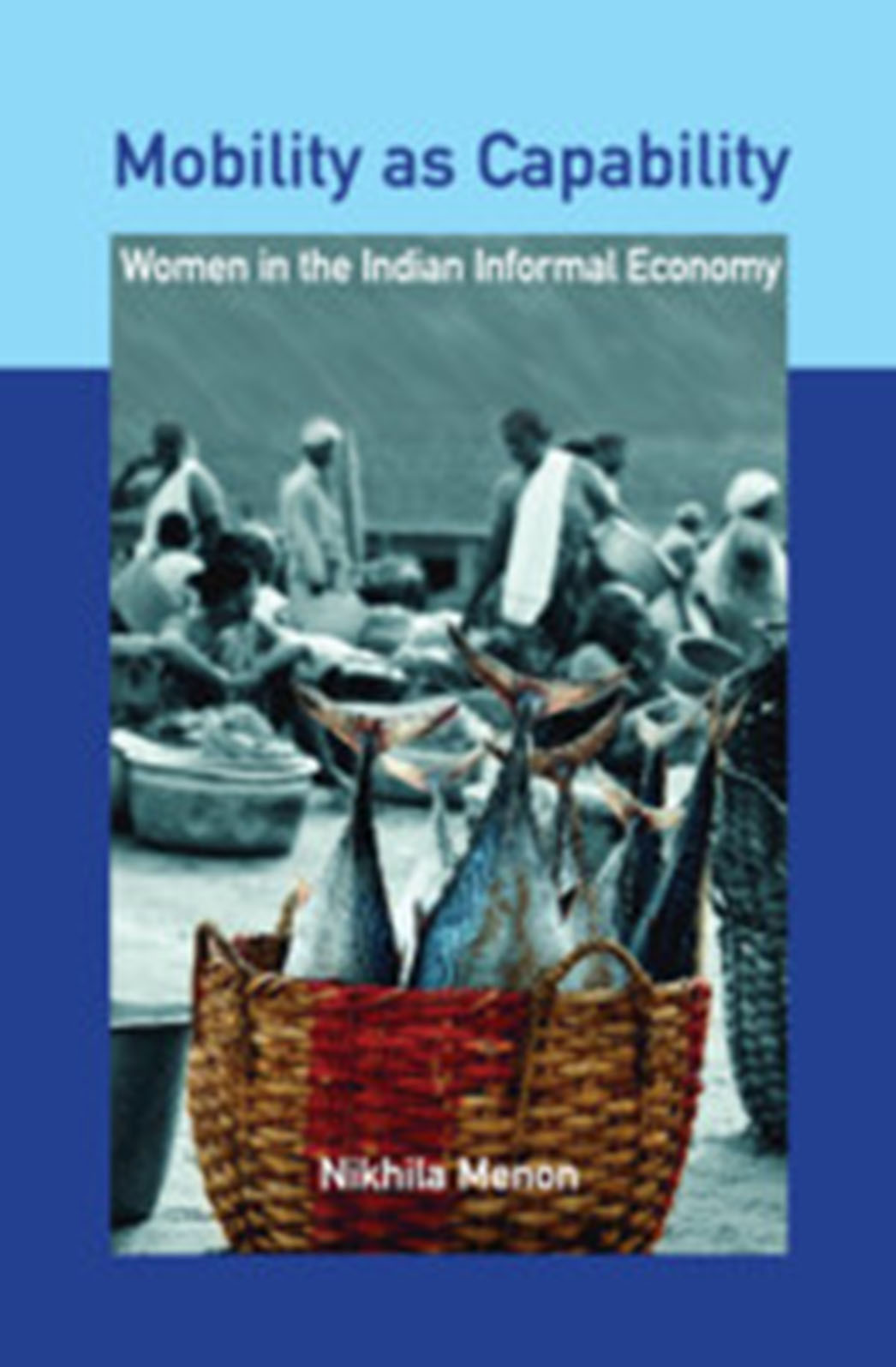Amartya Sen’s ‘Capability Approach’ and ‘Development as Freedom’ continues to intrigue, interest and push scholars to explore what emerges when these are applied in the concrete, on the ground, to specific sectors, and, categories of people within these sectors. Menon’s study of two categories of fish workers, namely, self-employed fish vending women, and, women as peelers in seafood processing units in Kerala, uses the theoretical framework provided by Sen’s Capability Approach to comprehend and analyse the nature of ‘mobility’ provided by being in such paid employment and asks whether this ‘mobility’ could be construed as ‘capability’.
The book, consisting of nine chapters, is very well structured—theoretically, empirically and analytically. The author provides a clear exposition of the core concepts that define the Capability Approach, namely, functionings, capability and agency—wherein mobility figures as the freedom and ability to move. It is the author’s contention (borne out of her field-based research) that the mobility of those informally employed, especially women, is merely a ‘functioning’—one that allows them to go out and work but does not necessarily confer autonomy—since most of these women do not have the freedom to move unconstrained on several other domains.

